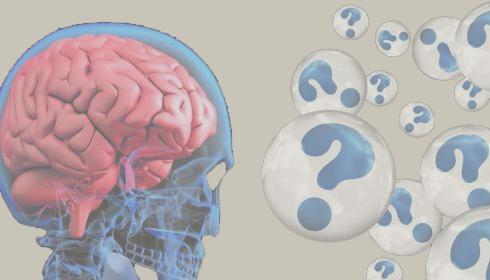
Study Suggests Increased Napping Linked to Alzheimer's Symptoms
A recent study conducted on 1,401 older adults has shed light on a potential correlation between Alzheimer's disease and increased napping habits, suggesting that this phenomenon could exacerbate the symptoms of the condition.
The study, spanning over 14 years, revealed that while napping tends to become more common with age, individuals diagnosed with Alzheimer's experience a significantly higher rate of increase in both the frequency and duration of daytime naps compared to their counterparts without the disease.
Furthermore, the research found a concerning association between heightened napping due to Alzheimer's and a decline in cognitive function observed one year later.
Experts caution that excessive daytime napping, especially when accompanied by other indicative symptoms like memory loss, could serve as a warning sign for Alzheimer's disease.
Although napping itself doesn't directly cause Alzheimer's, the study suggests that prolonged and frequent napping may pose a risk factor, potentially elevating the likelihood of developing the condition. However, it's crucial to note that excessive napping doesn't guarantee Alzheimer's onset.
Supporting this notion, a separate study involving 2,751 older men in 2019 revealed that those who napped for 120 minutes or more daily had a 66% higher chance of experiencing cognitive impairment over the following 12 years compared to individuals napping for less than 30 minutes daily. Cognitive impairment often precedes the onset of Alzheimer's disease.
As researchers delve deeper into understanding the complexities of Alzheimer's disease, these findings underscore the importance of further investigation into the role of sleep patterns and their potential implications for cognitive health.